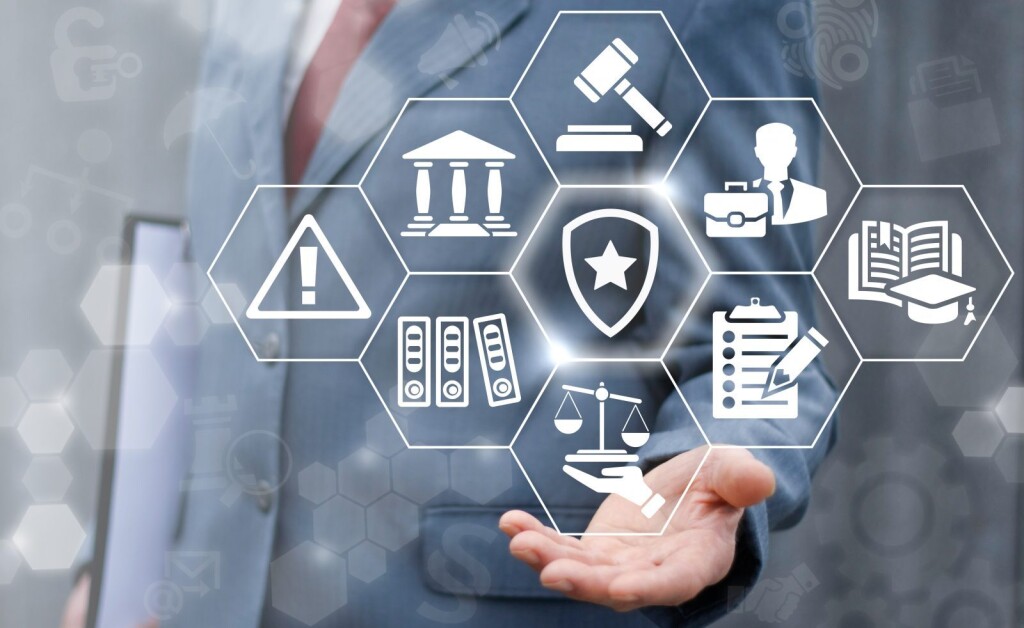How Big Data Can Be Valuable To Criminal Justice
Technology is an integral part of human existence, and it touches lives in more ways than one can imagine. For instance, the internet connects people regardless of location, and Artificial Intelligence automates business processes. Likewise, Big Data is a key innovation that leverages data to get insights that drive effective business decisions. The benefits of the technology extend beyond the corporate sector because it also empowers the criminal justice system. Law enforcers, lawyers, crime investigation bodies, and the government rely on Big Data to prevent crime and implement the right decisions for people seeking justice. Let us explain how this technology serves immense value to criminal justice.
Accurate and updated records
Law enforcement agencies have loads of records and documents to manage and maintain, from case files to reports and criminal records. The records and reports they collect over time are valuable assets as they help the police identify crime-prone zones and potential suspects. One can well imagine the volume of data they have to handle as a part of their work. It can get even more complex and cumbersome when stored in the form of paperwork and files. The space requirements can be taxing for the department. There is always a chance of losing critical pieces due to a calamity like fire or attack. Thankfully, big data compresses all the information into small digital files and facilitates their storage in the crowd. Officers can access key information about criminals and crime-prone zones on the fly and take swift action to deal with threats.
Reliable investigative processes
Beyond maintaining vital crime records, Big Data can help with a criminal investigation by eliminating guesswork from the process and making it more data-driven. For example, potential suspects may leave a digital footprint on the internet in the form of emails, text messages, and GPS locations. They may also have a social media identity that provides telltale evidence and alibi to investigators. They can collect helpful information and analyze it using the Big Data and Analytics tools to get robust proof to establish crimes and trap the criminals. It is even possible to prevent dangerous events like bomb blasts and terror attacks by investigating facts regarding a chain of events.
Valuable legal insights
Big Data benefits extend to lawyers as they can leverage the valuable insights from it to establish the guilt of culprits or prove the innocence of their clients. People who are falsely accused of crimes work with a criminal defense attorney to get themselves a clean chit. But even the best attorneys may have a difficult time gathering evidence to clear their clients’ names. However, Big Data can provide them with the thread taking them to the key pieces of information to create a viable defense strategy.
Fair verdicts in court
Another way this technology can enhance the criminal justice system is by helping judges declare the fairest sentences in court trials. A judge considers options such as bail, imprisonment, or custodial remand according to the nature and gravity of the crime. They can seek the help of data analysts to dig deep into the numbers and make a judgment based on hard facts instead of emotions. There are chances that a guilty person will not go unpunished and an innocent one will not have to pay.
Insights for criminologists
Big data can be a valuable source of insights for professionals in the behavioral science field of criminology. They can use it to access a wealth of knowledge regarding human behavior and patterns in various situations. For example, criminal psychologists can study the behavior of felons involved in different kinds of nefarious activities. It enables them to understand the motivations behind their crimes, choice of targets, and modus operandi. With predictive analytics, experts can actually foresee the next move of criminals and stop crimes before they occur. They can also use the knowledge to create actionable reform programs to set criminals on the right path.
Big data facilitates more than only the collection of records and reports. It has the potential to transform the criminal justice system in a far bigger and better way. Law enforcement agencies, investigators, lawyers, and judges can use the technology to have better control over investigations, defense strategies, and trials. The use of this technology can reduce crime and make the world a safer place where the real culprits have to pay and the falsely accused people get a fair chance to prove their innocence. At the same time, the system gains strength and credibility in the long run.


























